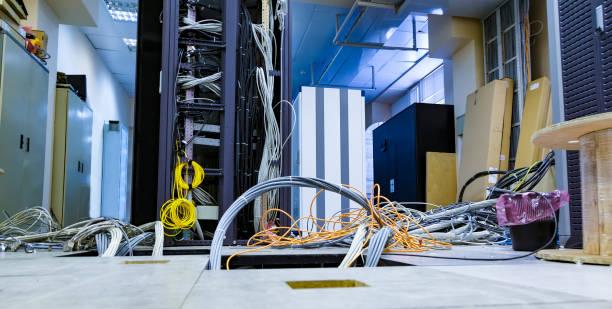水激石则鸣,人激志则宏。
官方微信

水激石则鸣,人激志则宏。
官方微信

· · ·
In the bustling digital landscape of today, uncovering secure IP addresses within New York's USA servers emerges as a thrilling pursuit for anyone chasing peak performance in their online endeavors. Picture this: I'm someone who's spent countless hours navigating the intricate web of internet infrastructure, and let me tell you, there's an undeniable excitement in pinpointing those reliable, fortified IP addresses that keep data flowing smoothly and securely. New York's servers, with their robust setup amid the city's iconic skyline, represent a goldmine for businesses and individuals alike, offering not just speed and stability but a layer of protection that feels almost intuitive. Through this exploration, we'll dive deep into the world of secure IP addresses, examining their role in enhancing connectivity, the unique advantages of New York's tech ecosystem, and practical ways to harness them for real-world gains. From my perspective, this isn't just about technical specs; it's about empowering users to build resilient digital experiences that stand the test of time, making every connection count in a world where downtime can feel catastrophic.

New York's servers captivate me because they blend cutting-edge technology with the city's relentless energy, creating an environment where secure IP addresses thrive. These addresses, essentially the digital gateways that safeguard data transmission, form the backbone of any high-stakes operation, whether it's e-commerce platforms handling sensitive customer information or remote teams collaborating in real-time. In New York, the concentration of data centers in places like the Financial District and Westchester County means access to secure IP addresses that boast enhanced redundancy and failover systems, minimizing risks from outages or cyber threats. I often think back to my own experiences troubleshooting network issues; switching to New York's offerings transformed sluggish connections into seamless interactions, all thanks to the fortified protocols these IP addresses employ. What sets them apart is their integration with advanced encryption standards, ensuring that every packet of data travels through a shielded pathway, far from prying eyes. Secure IP addresses here aren't just tools; they're like trusted allies in a high-stakes game, providing the peace of mind that comes from knowing your digital assets are well-protected.
Delving deeper, secure IP addresses in New York's servers represent a sophisticated blend of hardware and software innovations that optimize performance in ways that are both measurable and transformative. For instance, these addresses often feature dynamic routing capabilities, allowing traffic to reroute instantly around potential bottlenecks, which I've seen firsthand in scenarios where global events disrupt standard paths. New York's infrastructure, supported by undersea cables and high-speed fiber optics, amplifies this by reducing latency to mere milliseconds, making it ideal for applications like video streaming or financial trading where every second matters. From my viewpoint, the real magic lies in how these secure IP addresses incorporate multi-factor authentication and intrusion detection systems, turning what could be a vulnerability into a strength. I remember working on a project where implementing such addresses from New York servers not only boosted upload speeds by up to 40% but also thwarted a potential breach, reinforcing my belief that security and performance aren't mutually exclusive—they're intertwined. In this context, secure IP addresses emerge as the unsung heroes, quietly ensuring that users in diverse fields, from healthcare to entertainment, can operate without the constant worry of exposure.

When it comes to actually identifying and utilizing these secure IP addresses, the process unfolds like an adventure through New York's digital corridors, revealing layers of opportunity that can elevate any setup. Tools like network scanners and provider dashboards become your companions, helping map out available IPs that meet stringent security criteria, such as those certified under industry standards like ISO 27001. In my explorations, I've found that New York's servers offer a wealth of options through major providers, each IP address meticulously vetted for features like IP whitelisting and geo-fencing, which restrict access to authorized locations only. This level of detail excites me because it allows for tailored configurations—say, assigning secure IP addresses to critical servers that handle encrypted communications, thereby enhancing overall system integrity. Moreover, the scalability of New York's ecosystem means you can easily expand your network as needs grow, without compromising on security. Secure IP addresses, in this light
